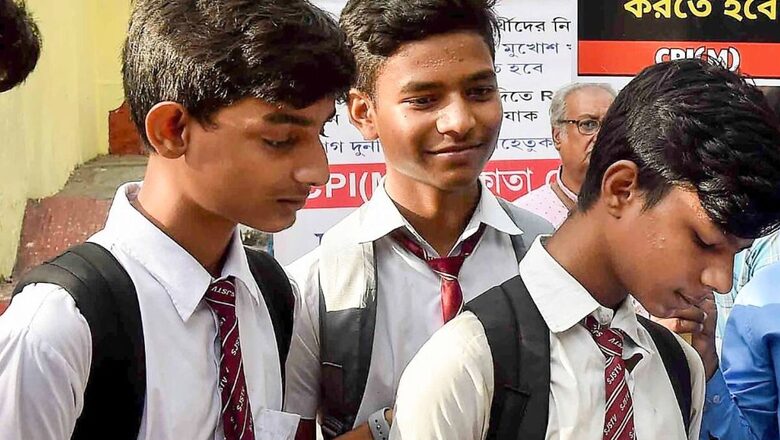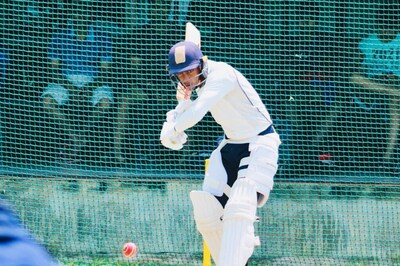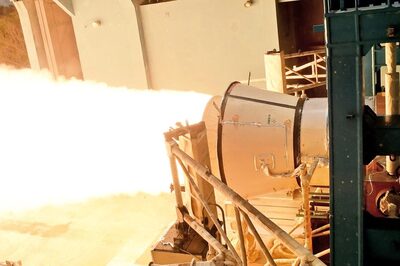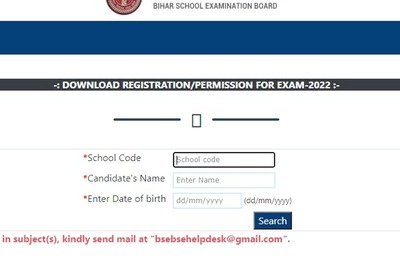
views
In a bid to encourage education and uplift the socio-economic development of Scheduled Castes (SCs) in India, the Ministry of Social Justice and Empowerment has launched the “Scheme for Residential Education for Students in High Schools in Targeted Areas” (SHRESHTA). As per the official statement from the Ministry of Social Justice and Empowerment, the SHRESHTA scheme envisions creating an environment conducive to the socio-economic upliftment and holistic development of SC students while securing their future opportunities. It also aims to bridge service gaps in regions of the education sector that are mostly populated by SC populations.
SHRESHTA’s primary objective is to expand the reach of government development initiatives and address service deficiencies in SC-dominant areas within the education sector, the press release added.
The scheme aims to promote cooperation between residential high schools that provide high-quality education and grant-in-aid institutions run by non-governmental organisations (NGOs).
The implementation of the scheme is divided into two different modes. The best CBSE/State Board-affiliated private residential schools are the SHRESHTA institutions. In accordance with this mode, a specific number of meritorious SC students will be chosen through the National Entrance Test for SHRESHTA (NETS), conducted by the National Testing Agency (NTA) each year, from among the States and Union Territories (UTs).
The shortlisted students will subsequently be admitted to the best private residential schools affiliated with CBSE and state boards in the 9th and 11th grades, enabling them to complete their education up to the 12th standard. A selection committee is set up that chooses these schools based on their exceptional performance, boasting more than 75 per cent pass rates for classes 10 and 12 over the past three years.
Each year, the National Testing Agency (NTA) will approximately select 3000 SC students with parents combined annual income up to 2.5 lakh. Based on their merit, the students will get a variety of school options. Moreover, it is worth mentioning that the scheme covers the entire fee for each student, including tuition fees and hostel fees (mess charges).
As mentioned in the press release, the permissible fees for each class are specified as follows:
For class 9, it is Rs 1,00,000, for 10th class, the fees are Rs 1,10,000, and for classes 11th and 12th, the fees are Rs 1,25,000 and Rs 1,35,000 respectively.
The scheme also incorporates a bridge course within the shortlisted schools, targeting the student’s academic requirements and aiding their adjustment to the school environment. The cost of the bridge course is equivalent to 10 per cent of the annual fee, which is also covered by the department. Secondly, NGO/VO-operated Schools/Hostels (EXISTING COMPONENT) mode applies specifically to schools and hostels run by voluntary organisations (VOs) and NGOs, offering education up to class 12.




















Comments
0 comment